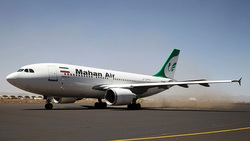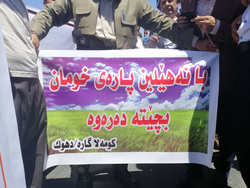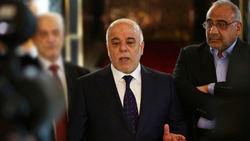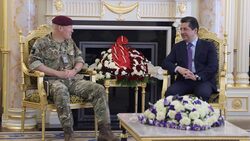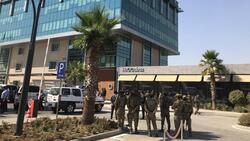High turnout marks special elections in Erbil and Maysan
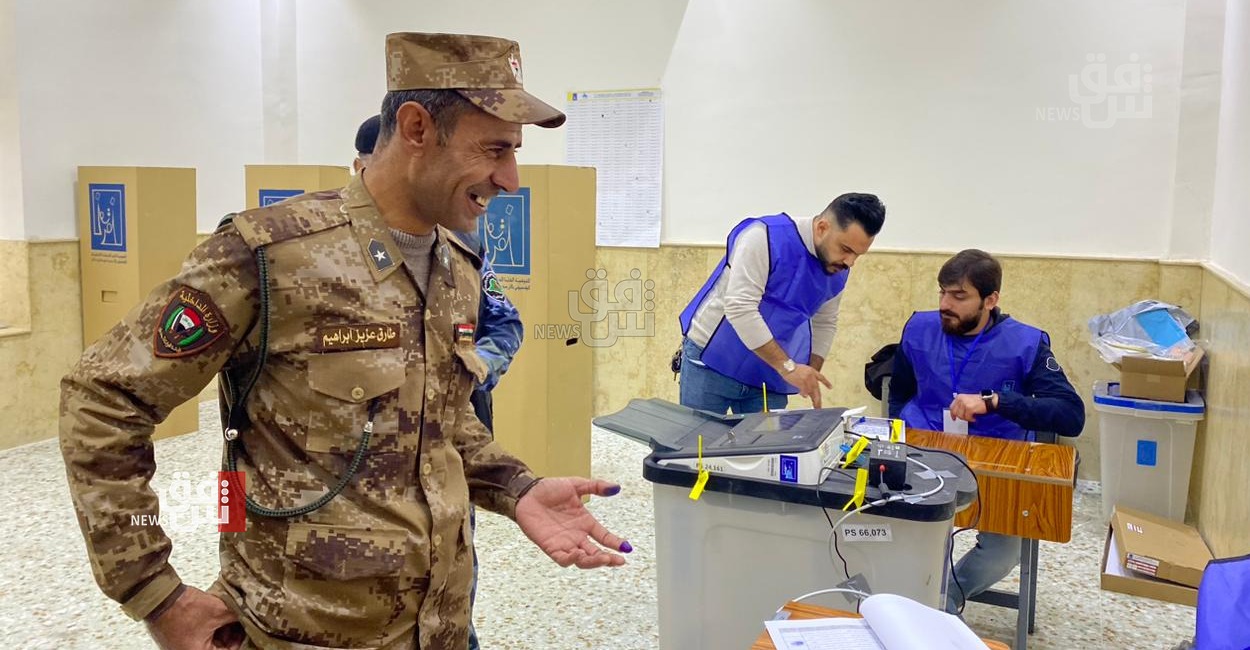
Shafaq News/ The special elections for provincial councils held today recorded high voter turnout in the key provinces of Erbil and Maysan.
In Erbil, the capital of the Kurdistan region 86.6% of eligible security personnel cast their ballots, exceeding expectations. This figure represents 13,424 out of 15,492 total voters. At least 63% of displaced Iraqis residing in Erbil also participated, with 3,163 votes recorded out of 5,023 eligible individuals.
By noon, only 46% of eligible voters had cast their ballots, according to IHEC data.
Maysan, in southern Iraq, witnessed a similarly high turnout of 67%. There, 18,000 of the 28,000 eligible security personnel cast their votes. Provincial police commander Ali Hassan al-Maiahi hailed the success of the security plan implemented for the elections, reporting no incidents of violence or disruption.
On Saturday, Iraqis began voting to select new provincial (or governorate) council members, who in turn will appoint governors, with the outcome seen as a bellwether for the parliamentary elections due to take place in 2025.
Saturday's vote was restricted to military and security personnel, internally displaced people living in camps, inpatients, and inmates, with the main polling set to take place on Monday. Results are expected to be announced Tuesday.
It has been more than ten years since these elections were last held on April 20, 2013. Much has changed in national and local politics since then, making these polls significant in terms of assessing party standings. In fact, three parliamentary elections have taken place since the last provincial vote. The councils were dissolved in October 2019, so local politics are completely out of sync with the national scene.
Some parties did not exist in 2013 but have gained great power over the last few years. Other parties were powerful in 2013, but have almost been wiped out in the intervening years. Added to this, governors have held power with almost no oversight since late 2019, making these elections absolutely necessary for reforming local government.
The powerful Shiite cleric and maverick leader Muqtada al-Sadr — who officially resigned from politics in 2022 amid a lengthy deadlock over cabinet formation — has called on his followers to boycott the provincial elections, saying that their participation would reinforce the hegemony of a corrupt political class.
In some governorates, his supporters ripped down electoral posters while several political campaign offices were vandalized. In the southern city of Najaf — a bastion of al-Sadr support — thousands marched on Thursday to urge a boycott of the elections.
Activists who staged mass anti-government protests in 2019 and are opposed to all the ruling parties also widely vowed to sit the polls out.
Apart from those actively boycotting the elections, many Iraqis are simply apathetic. Data showed that millions of eligible voters, especially the younger ones, are not even registered, and low turnout has been a trend since 2005.
In some areas, the elections could inflame existing political and sectarian tensions. Among them is Kirkuk, with a mixed population of Sunnis, Shia, Kurds and Turkmen, which has been the scene of a territorial dispute for years between the central government in Baghdad and the regional government in Erbil.
Demonstrations in Kirkuk over the handover of a key facility from federal to local Kurdish authorities turned violent in September, killing one protester and injuring others.
